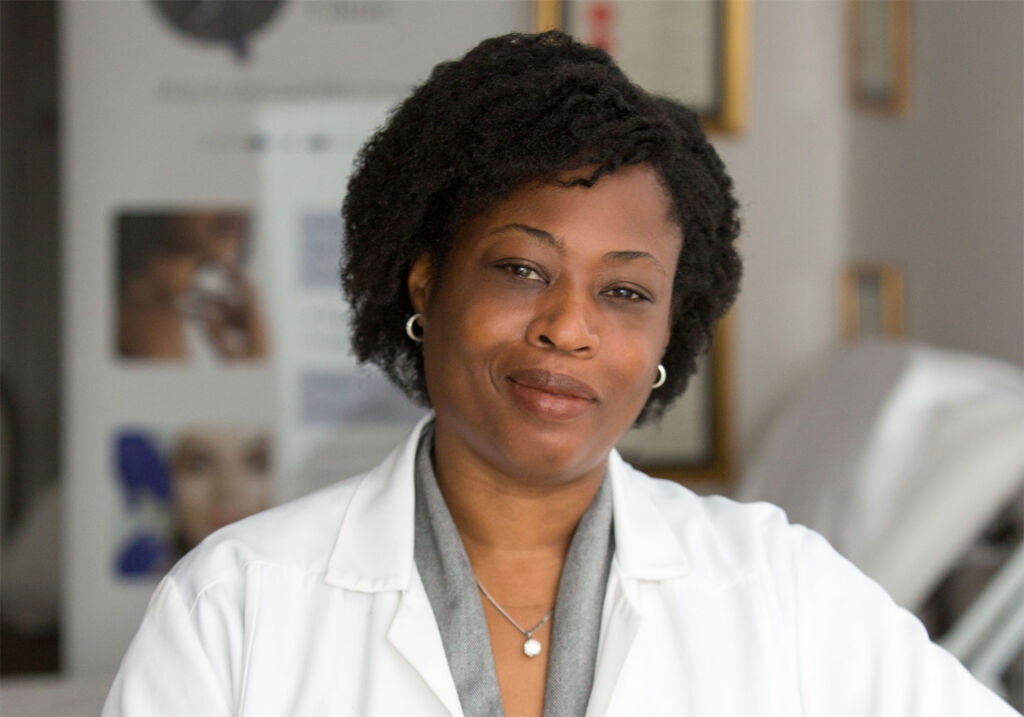
Following her own experience of hair loss, Dr Ingrid Wilson decided it was time to re-train and help others overcome anxieties from thinning hair. Setting up Crewe Hair and Skin Clinic, the non-surgical hair specialist shares more her search to provide people with ethically responsible evidence-based solutions.
Crewe Hair and Skin Clinic based in Cheshire was established in 2018. The clinic takes a holistic approach to hair loss. Combining knowledge across cosmetic science, medicine, nutrition and trichology, treatment plans are devised by Dr Ingrid Wilson. A freelance GP, Dr Wilson, has re-trained to offer a range of hair loss services.
Throughout the unusual times, we are now living, virtual consultations are available, helping patients with professional advice and treatment plans.
Luxurious Magazine: You’re the founder of a hair and skin clinic, tell us more about what you do as a trichologist.
Dr Ingrid Wilson: My focus is on non-surgical hair restoration. I was never attracted to being a hair transplant surgeon as I have always preferred consulting. I also wanted to be able to offer practical solutions for hair loss in a holistic way, advising on nutrition, hair care practices, and treatments.
Part of my job has been trying to raise awareness of what is available. Speaking to my patients, I have realised how hard it can be for them to work out who is presenting them with ethically responsible evidence-based solutions.
People can sometimes be swayed by celebrity endorsements in luxurious environments – but the treatments offered may not provide all the tools needed to tackle hair loss. The evidence base shows that a variety of approaches is needed to tackle hair loss, including looking at nutrition, genetics, hair care practices, family history and general health.
LM: Must be a busy life, but how have the past few months been?
IW: These last few months have been very busy – but a different kind of busy. When the lockdown started in March 2020, the clinic had to close. We’re actually classified as a beauty clinic, so when the lockdown ended our period of closure was extended in line with hairdressers and beauty salons.
During the lockdown, I have spent a lot of time looking at the evidence for the various hair loss treatments and writing for various online publications to help spread the message.
LM: What is the most common reason for hair loss?
IW: The most common reason is simple balding, which is also known as androgenetic alopecia. This is due to age, sex and genetics. Both men and women go bald but in different ways.
LM: What other causes are there?
IW: There are many different causes of hair loss. Other relatively common causes are telogen effluvium (hair shedding) and alopecia areata (an autoimmune condition). There are over 25 conditions.

LM: Is there a difference between male and female hair loss?
IW: Yes. Men and women lose their hair in different ways. Women experience a widening of the central parting gradually and keep the front part of the hairline. Men start receding at the temples and then on the very top.
LM: As a GP, you recognised people were coming to you with their anxieties about hair loss. What was the overwhelming reason people felt they needed support?
IW: The experience of hair loss can be devastating for some people. While some people may embrace it and shave all their hair off when they start losing it, this is not for everyone. Some people can be incredibly upset with hair loss.

I realised some people need a great deal of support, which is not available during the typical 10-minute consultation with a GP. Hair loss is seen as a cosmetic issue generally, so I would direct people to Alopecia UK.
When I had personal experience of hair loss about 15 years ago, I was initially very worried about the appearance of it. I shaved my hair off, and fortunately, it grew back – but for a while, I felt helpless. I think it was probably due to stress and my hair care practices at the time. But my own experience has directed my path into further research and eventually setting up the clinic.
LM: Was this the jump into setting up your own hair loss clinic?
IW: It has taken nearly ten years to get to the stage of setting up my own hair loss clinic. The journey started in 2010 when I was looking for a course for GP’s on managing hair loss. I was unable to find a suitable course at the time, so I started a 2-year course with the Institute of Trichologists.
A trichologist is someone who specialises in common hair loss and scalp conditions – they usually come from a hairdressing background. I was the first practising doctor to go through the full programme in the IOT’s 100-year history!
When I completed the course, I started to consult on an ad hoc basis for myself, with the Institute of Trichologists and for The Private Clinic of Harley Street in their Manchester branch.
I gained a lot of valuable experience doing this, but I felt that I wasn’t fully exploring the possibilities of what I could offer patients. The majority of trichologists are not able to prescribe and therefore are unable to offer effective medical treatments for hair loss. I was in a unique position, and I felt that the best way to make use of the experience as a GP and as a trichologist was to set up my own clinic.
I belong to several organisations which help to keep me up to date in the field of hair loss and which have led me to continually revise and update my offering in the clinic.
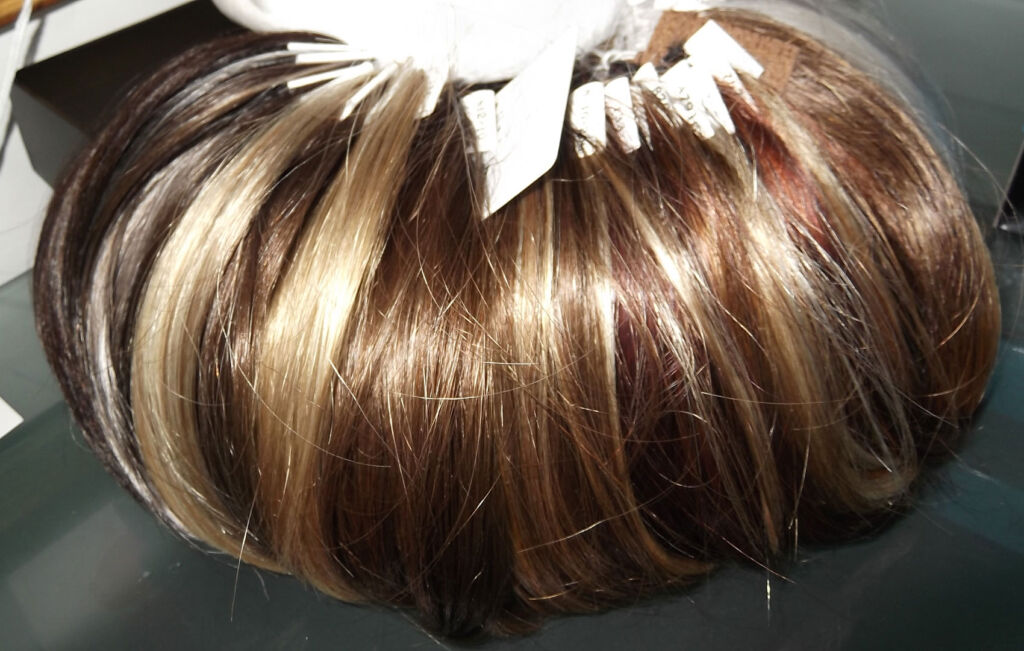
LM: Is there more than one technique?
IW: I am not a hair transplant surgeon, but I am an affiliate trichologist member of the British Association of Hair Restoration Surgery. There are two main techniques, the Follicular Unit Extraction (FUE) and FUT procedures.
IN the FUT procedure, a surgeon cuts a strip of skin from the back or side of your head and extracts individual hair follicles. These follicles are then inserted into the balding parts of your scalp.
In the FUE procedure, follicular unit grafts, consisting of a small number of hair follicles, are individually removed from the genetically stronger areas of your scalp and restored to the balding areas.
LM: Can everyone who wants a hair transplant, do so?
IW: Not everyone is suitable for a hair transplant, and I don’t think that enough people are aware of that. There are some conditions that can be made a lot worse by a hair transplant. For example, Active Frontal Fibrosing Alopecia, which presents with what looks like a high hairline and other signs.
Also, young men in their 20s do not do so well with a hair transplant because the balding has not yet stabilised, which means they are likely to get unsatisfactory results. The more responsible hair transplant surgeons will advise medical management and support the hair growth in other ways if presented with someone of this age group.
LM: What’s the youngest patient you have helped?
IW: The clinic is only for over 18s. The youngest people I have helped have been age 20.
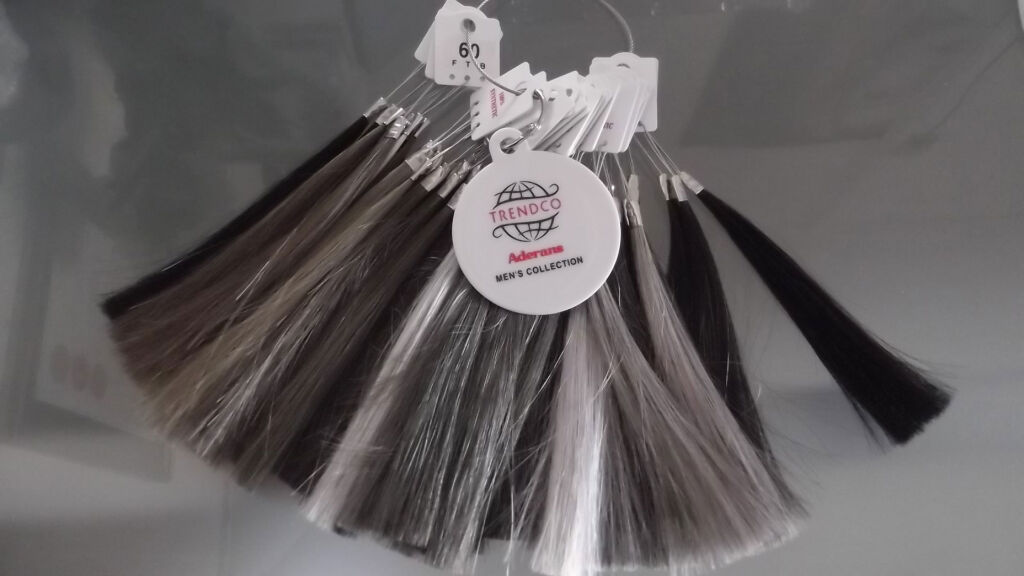
LM: Naturally, people will wonder what a full head of hair costs.
IW: This will depend on the approach you take. A hair transplant costs several thousand pounds and is not for everyone. If you take the medical approach there will be a long term commitment to taking the medication which may amount to hundreds of pounds per year, in addition, there are other options like PRP which costs £200-£400 per session repeated periodically). A good wig will cost several hundred pounds also.
LM: Are there other procedures or consultations or conditions you help with?
IW: The clinic provides medical-grade treatments for some skincare conditions, including acne, pigmentation (freckles), rosacea and wrinkles. Electrolysis for hair removal and removal of skin blemishes, freezing of warts, skin camouflage and hair strengthening treatments.
Crewe Hair and Skin Clinic Limited – Where and How?
Dr Wilson is a Medical Member of The Trichological Society|Affiliate Trichologist Member of the British Association of Hair Restoration Surgery|Member of The British Hair and Nail Society|Member of the International Association of Trichology|Member of the Primary Care Dermatology Society|Member of the Society of Cosmetic Scientists|Fellow of the Faculty of Public Health.
110 Nantwich Road, Crewe, Cheshire, CW2 6AT| Landline: 01270 747 393
www.crewehairandskinclinic.uk. To book/shop https://linktr.ee/CreweAnd.
Read more interviews in our dedicated section here.
![]()

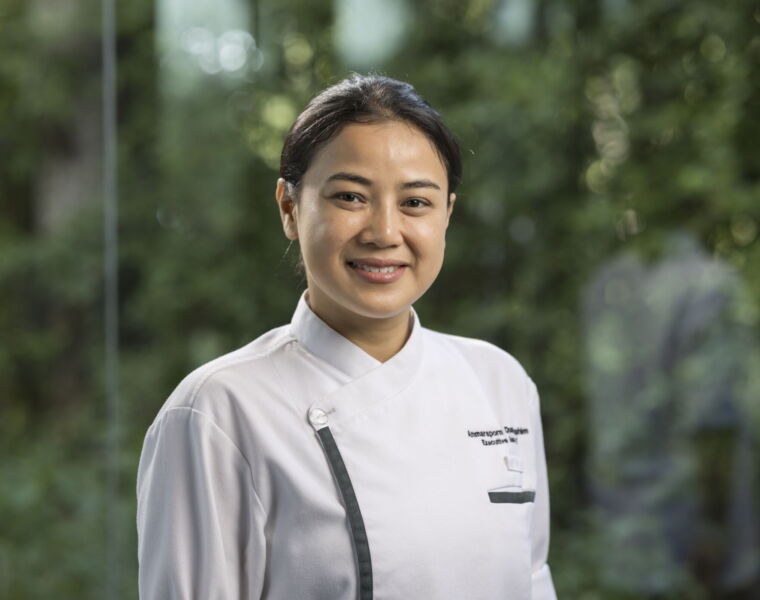
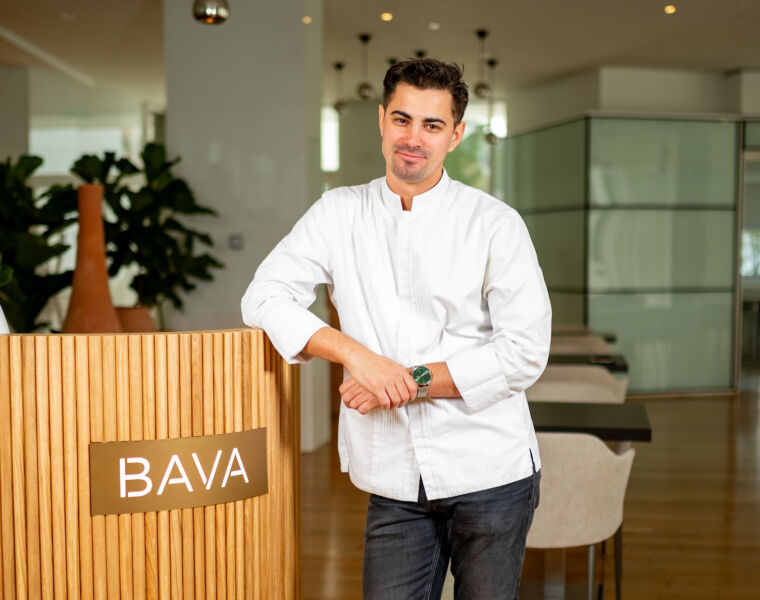

You must be logged in to post a comment.